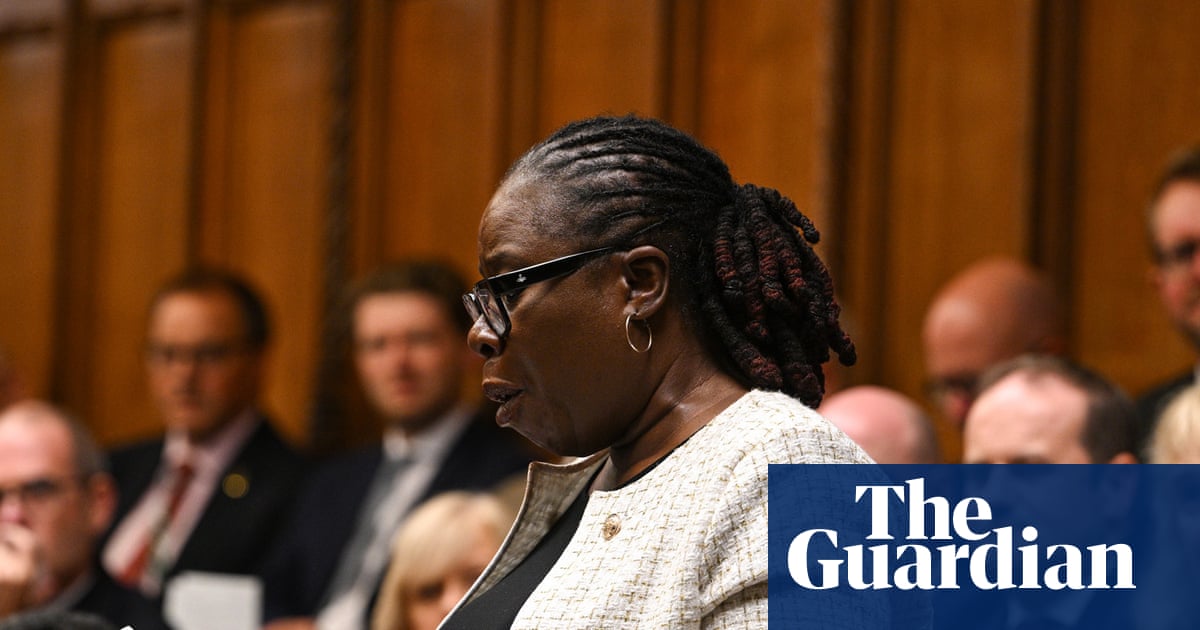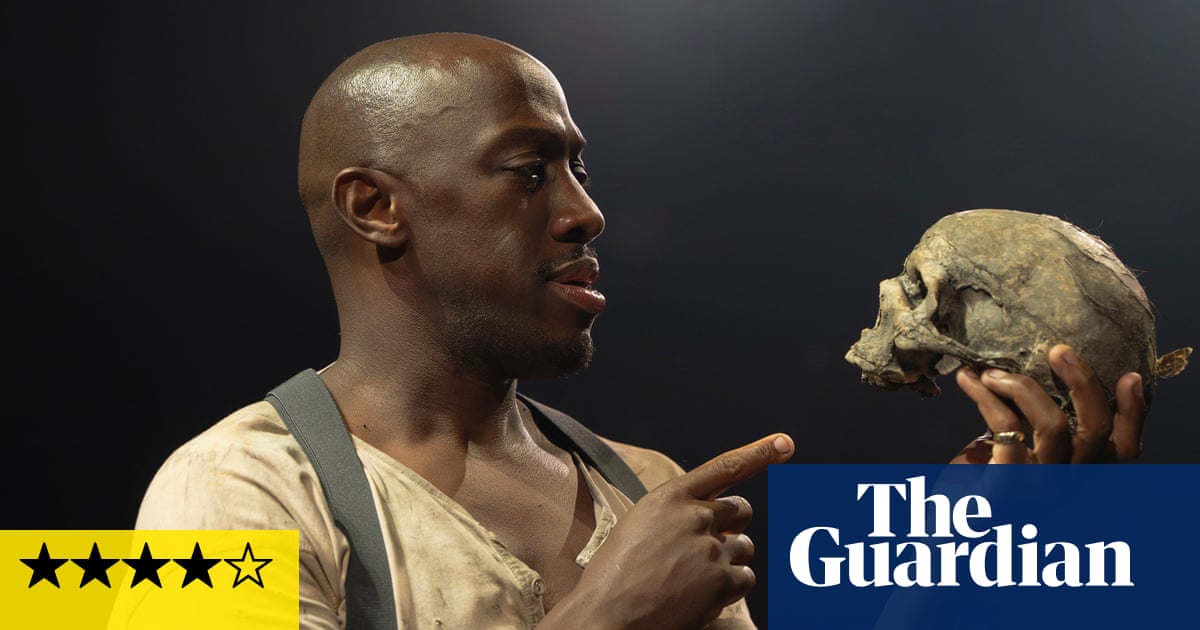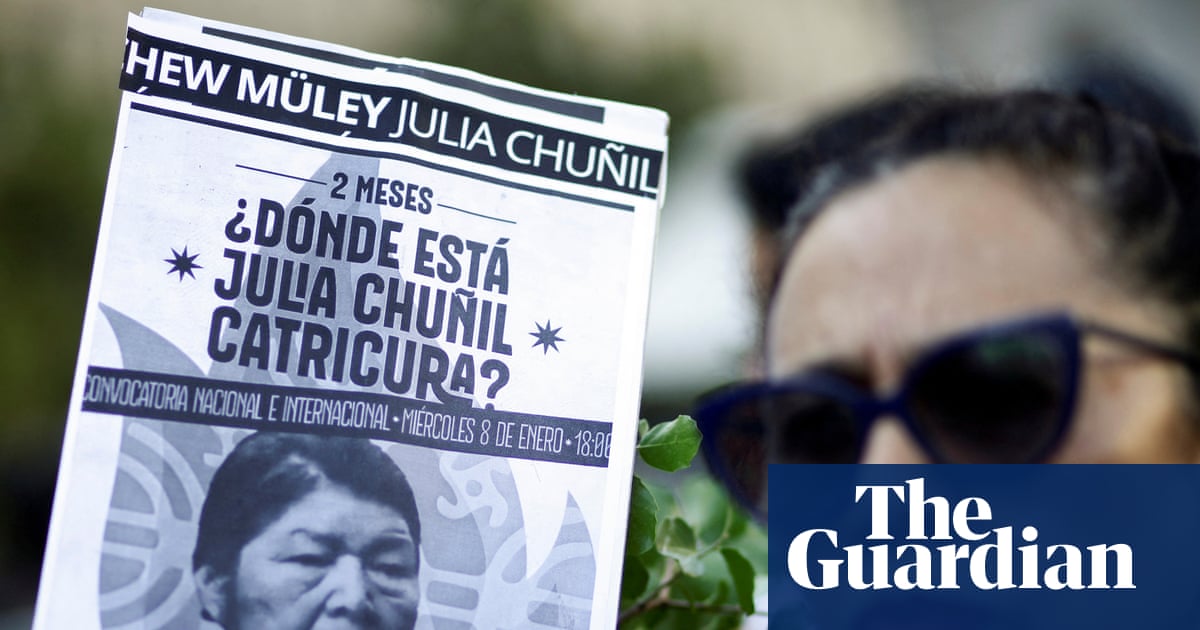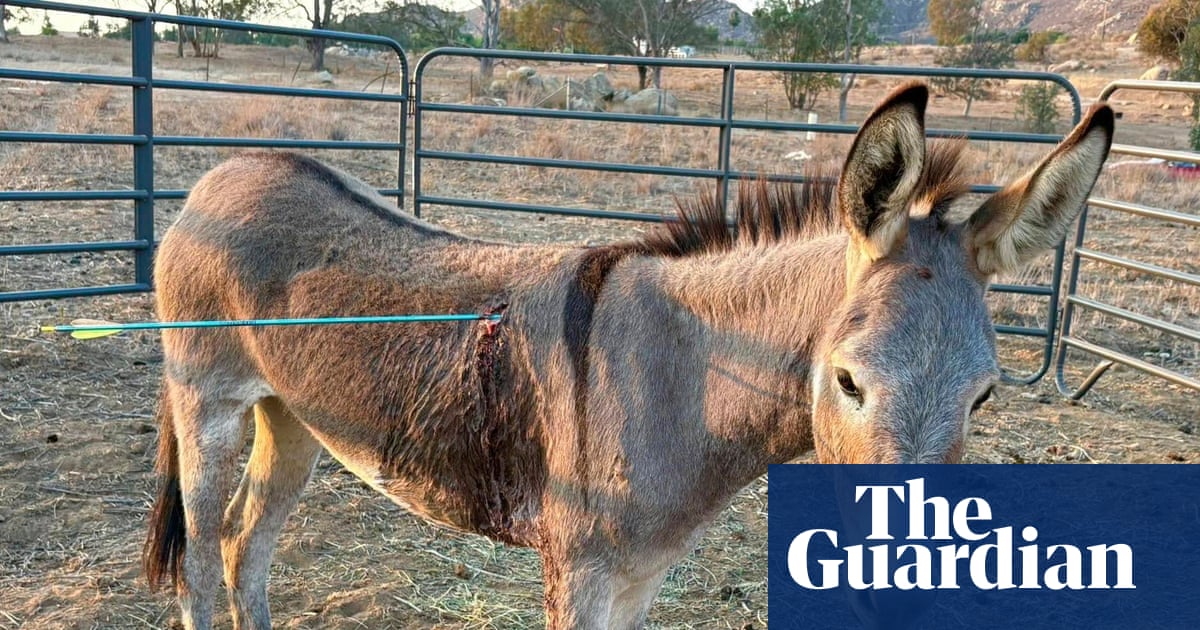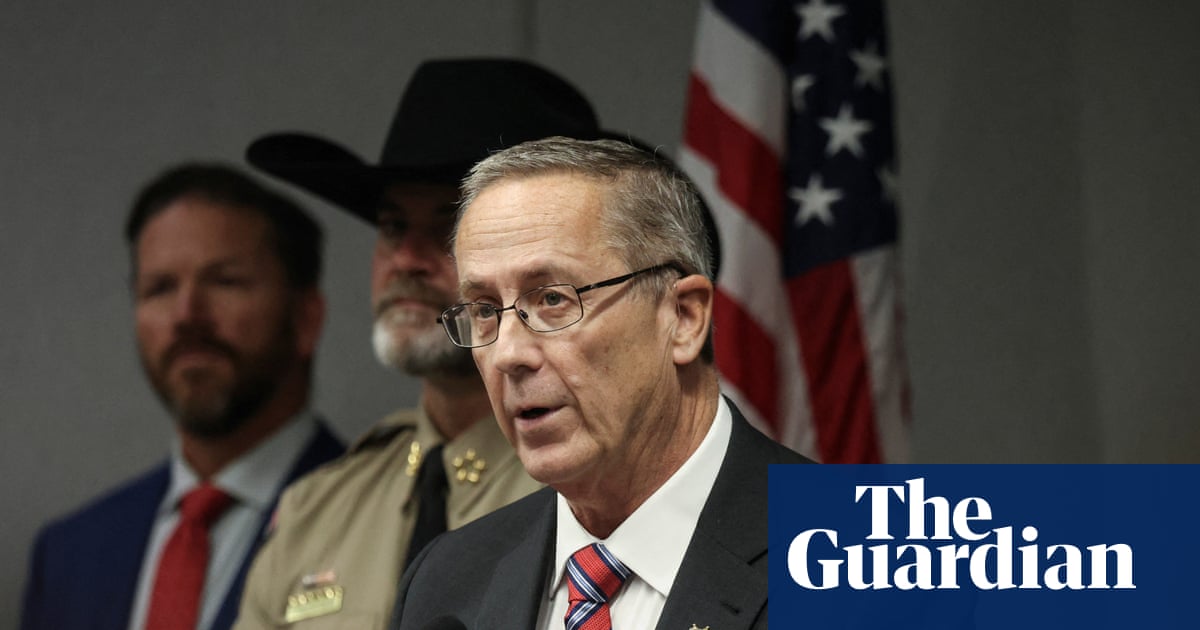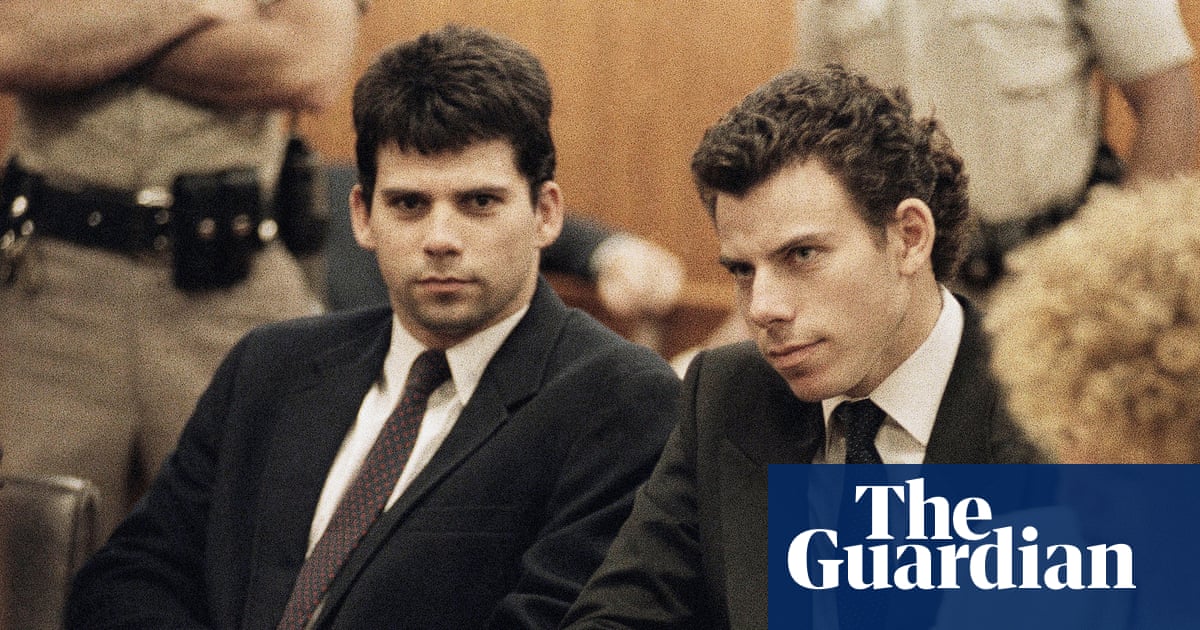Would you bring an extinct species back to life if you could? If so, which species would you pick? Prof Sadiah Qureshi has taken to asking her friends, students and complete strangers this question because, she says, their answers reveal a lot about how we understand extinction.
Some choose a dinosaur, others pick a species like the dodo, killed off by humans. Almost no one chooses a plant or insect.
The very idea of de-extinction, Qureshi says, raises profound questions about the meaning of extinction and how we treat life, whether living, endangered, dead or extinct. How, she asks, did human beings come to think of ourselves as survivors in a world where species can vanish forever?
This is the subject of her new book, Vanished: An Unnatural History of Extinction, which traces the entanglements of race, empire and colonialism to better understand extinction. “Every time we save a way of being or mourn the passing of a natural kind, whether a species or otherwise, we make decisions rooted in our emotional attachments, or our perceptions of that natural kind’s value – whether commercial, aesthetic, or ecological,” she writes. Extinction is not simply a scientific puzzle, Qureshi argues – it is political and philosophical.
Qureshi grew up in Handsworth, Birmingham, and was taught by her father to respect all living beings – a conviction that underpins the book and that we keep coming back to during our conversation, which takes place as we perch on one of the large rocks that line the garden of the Natural History Museum in London.
Qureshi studied natural sciences at Cambridge – a place she initially hated as an undergraduate, she says, feeling she was among the “most entrenched, ossified forms of whiteness”. She also didn’t enjoy her subject: she didn’t like lab work, her experiments often went wrong, and she realised quickly that she wasn’t going to be a research scientist. She decided to study the history and philosophy of science, found her people and stayed at the university for her PhD. Now based at the University of Manchester she is, she thinks, the first woman of Pakistani heritage in the country to become a history professor.
Before seeing me, Qureshi squeezed in a visit to Hope, the famous whale skeleton suspended over the museum’s main hall. “As Hope hovers above the museum’s visitors”, she writes in Vanished, “she shows what is possible when we forgo valuing species for their economic significance and instead consider them as ways of being worthy of life”. Whales, pushed nearly to extinction by the profitable commercial whaling industry, were brought back from this cliff edge thanks to mass campaigning. But we don’t care for all life this way.
The Earth is going through a sixth mass extinction of wildlife, with more than 500 species of land animals found by scientists in 2020 to be on the brink of extinction and likely to be lost within 20 years. In the previous five mass extinction periods, rates of loss were higher than normal, with at least 75% of species going extinct over a geologically short period of time. These extinctions were unavoidable, caused by rapid and significant changes in the climate, among other factors, and driven by natural processes. But the current crisis is an unnatural extinction that human beings have produced through an economy focused on resource extraction, intensive land use and pollution, among other things.
Yet many of our stories about extinction focus less on the political nature of the issue and more on heroic scientists discovering lost species and formulating new theories about why they went extinct, she explains in the book. In Vanished, which is both highly readable and academically rigorous, she gives us a new story. According to Qureshi, animal extinction should not be treated as a separate historical development from human extermination, as it often is.
Long before social Darwinism’s theory of natural selection, colonialists across North America predicted that Indigenous peoples were going extinct and that this was evidence of God’s natural law, leaving the spoils of the land for white Europeans. Such reasoning rationalised genocide and persecution because, the argument went, as empires expanded, these peoples would die out anyway. “That’s a very, very different justification for imperialism than saying ‘we want resources’, [though] obviously, all of those things are linked,” she says. These arguments about extinction helped produce the exceptional violence of settler colonialism, Qureshi says, and they are relevant for thinking about species loss today.
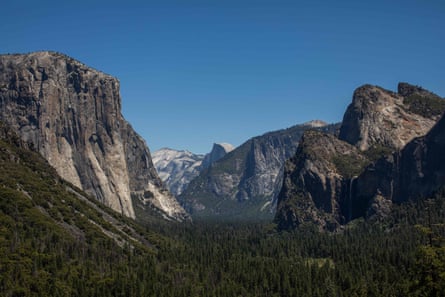
“Who we think are worthy subjects of conservation [is] deeply rooted in past political projects,” she says. The very concept of the national park, for example, was at least partly related to the expectation that Indigenous peoples would soon be extinct. Campaigners imagined the parks as pristine, unpeopled wildernesses. Yosemite, the first US national park, established in 1864, was home to Miwok groups, but their villages were razed and former inhabitants starved or frozen. They were depicted as “historic ghosts”, Qureshi writes, not the “presently dispossessed”.
Too often, conservation efforts write Indigenous people out of the story once again, she argues. And while de-extinction, bringing a species back to life, might sound exciting, for Qureshi it’s a form of avoidance that doesn’t require we change our current relationships with the natural world.
It would be awe-inspiring if the woolly mammoth roamed the earth in the not-so-distant future (which is the aim of one biotech company), but it is never going to come back as it was. It would be “a new form of life that is genetically engineered and would be intellectual property”, Qureshi says. “What kind of life will that being be able to lead? … And, you know, at some point, some billionaire is going to pay a lot of money to shoot one of these recreated beings.”
Science alone doesn’t offer the way forward, she argues. It isn’t inherently objective, even though that’s how it’s regularly imagined, especially now, in what Qureshi calls “a moment of resurging biological tyranny” – referencing the biological essentialism of the fight over trans rights and the re-emergence of eugenics. But she acknowledges that scientific research must be defended when it is under attack, as it is now, because it can still provide us with valuable knowledge.
“Historians and philosophers and sociologists of science have long interrogated attempts to seek authority in science,” she explains. “That doesn’t mean to say that there’s not some material reality out there, but … the way that we engage with that world is culturally and historically specific.”
We need to respect, not try to control, nature, she argues. For Qureshi, rewilding is one option, as are smaller-scale changes, such as nurturing gardens to make them as welcoming as possible to insects. “If you really, deeply care about the people around you, about life around you, you will treat it differently to the way than we’re doing,” she says, “and get away from the exploitative ways of living in the modern world that are damaging to the planet … Paying attention to the life around us and recalibrating how we value that life is just as powerful as having more scientific research”.

.png) 3 months ago
51
3 months ago
51

